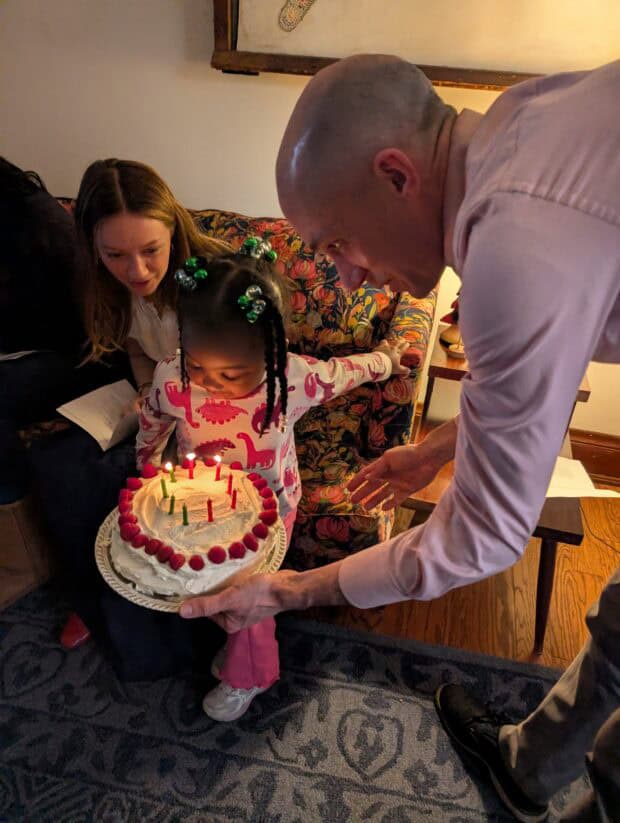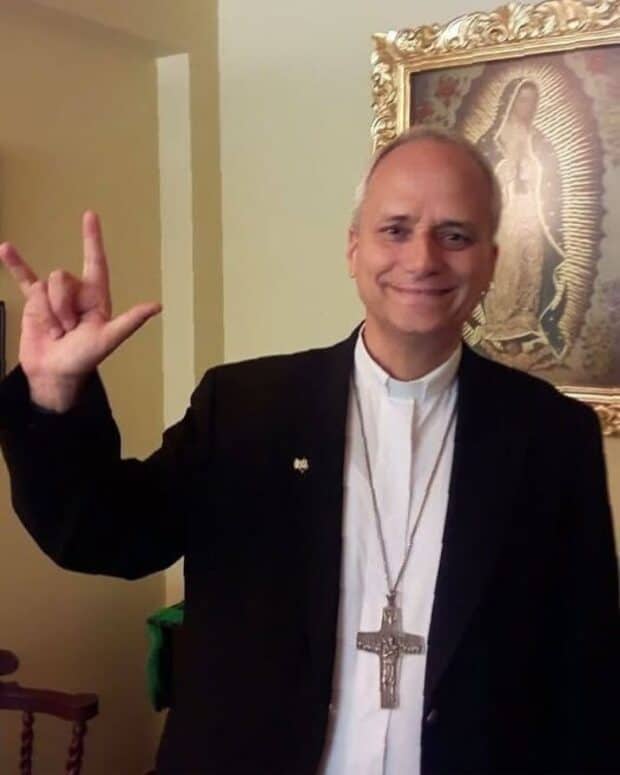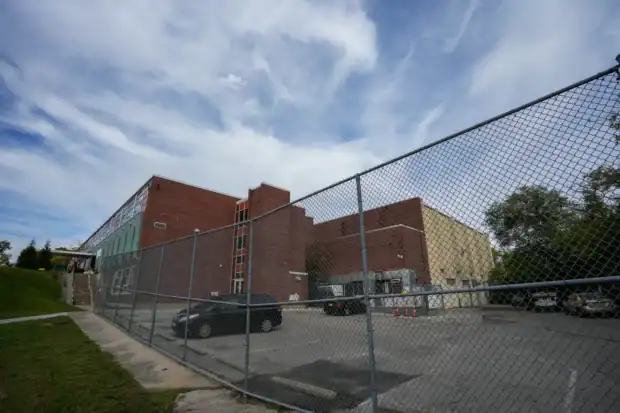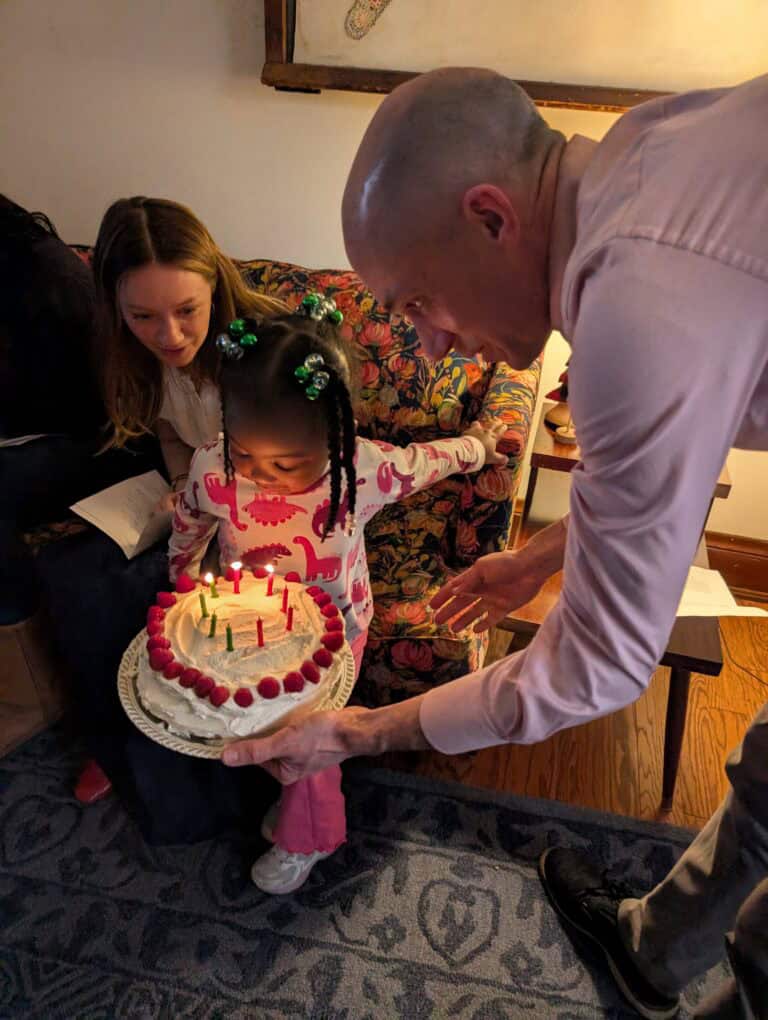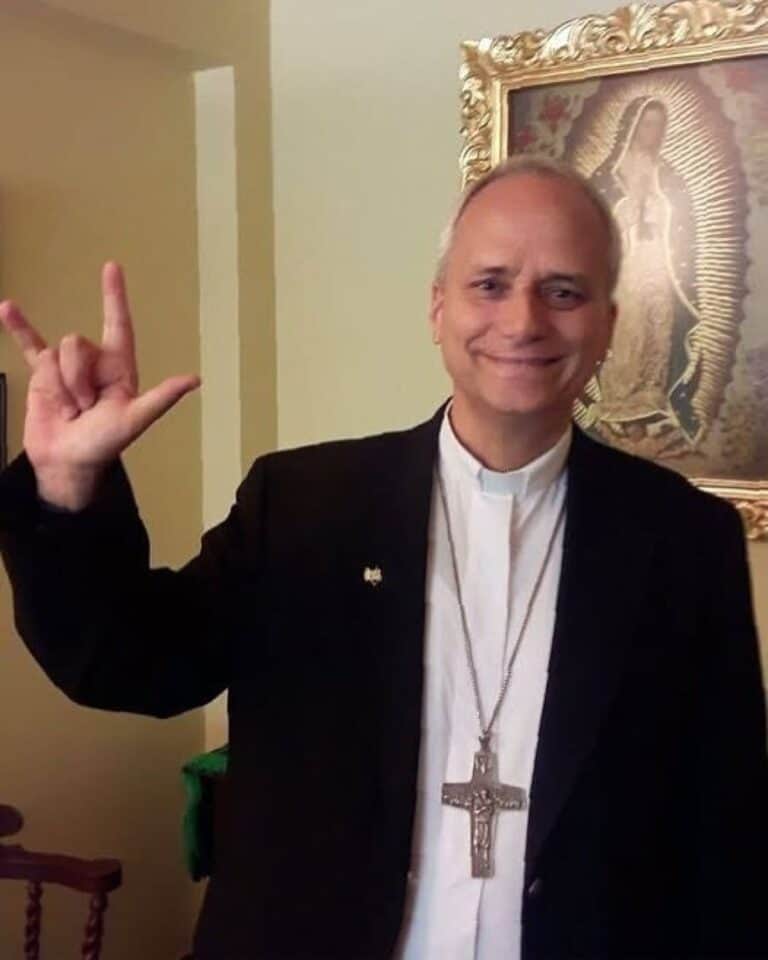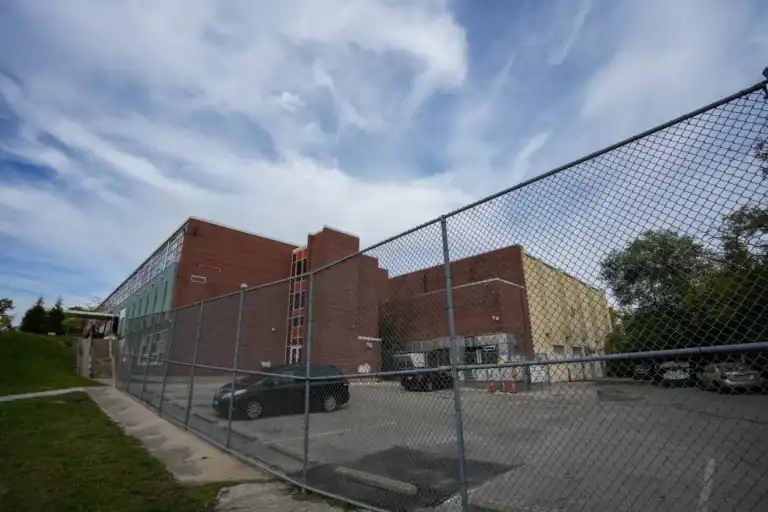Last Wednesday, a group of friends and I volunteered to serve dinner at the Drop Inn Center in Cincinnati. For those of you who aren’t familiar with the organization, it is one of the largest organizations in the city serving the homeless.
As the intern at Lydia’s House, I am incredibly passionate about urban poverty, and gladly welcomed the opportunity to help in whatever way I could. Armed with previous experience at a large shelter in Chicago, I had prepared myself emotionally for the hour I would spend at the Drop Inn Center.
Or so I thought.
In actuality, no mental preparation could have readied me for what I experienced. You see, much of my work at Lydia’s House at the moment involves researching information about homelessness in Cincinnati. Currently, I’ve been reading endless reports on statistics, ranging from the ethnicities, genders, and ages of low-income and homeless peoples in the greater Cincinnati region. I thought that, because I had been reading so extensively about the issue, I would know what to expect.
In a sense, I was right. Come the night itself, I was not surprised to see that a majority of the people being served were African-American males. My research was proved correct when it came to the reality of the situation.
However, I was not prepared for the sheer humanity. Cincinnati has over 7,000 homeless people, only a fraction of whom had dinner at the Drop Inn Center that night. Seeing the endless lines of faces, all so grateful for me to plop a spoonful of sausages onto their plates, was harrowing. With each person who came to the line to receive what might be their only warm meal for the day, each of us tried to make whatever connection we could. We laughed, smiled, and made small talk with the men and women who came through, and came to realize that statistics are not simply numbers on a page, but actual people who live under these horrible conditions. These are people sleeping on the streets in the rain and snow, who cannot find jobs to support themselves. They are people often forgotten about in the debate on urban poverty, as politicians so frequently focus more on the percentage rather than the person. They are people with hopes, dreams, and fears, favorite books and music, who frequently are victims of unfortunate circumstance and desperately want to get back on their feet.
One person in particular, whose name I never learned, was perhaps one of the most positive people I have met. Each time he came to the line, he was cheerful and engaging, and always incredibly appreciative of our help and service. I can’t even say if I would have the attitude he did if I was in his situation. He was truly inspirational.
Those of us who volunteered that night were blessed enough to return to warm, dry homes that evening, hearts full of gratitude for the provisions we’ve received in life, and mindful of the fact that thousands of people in Cincinnati will not have that same luxury. Serving at the Center only kindled my passion to help by whatever means necessary, even if it is only a drop in the bucket. At least that bucket is one drop fuller than it was before.
–Hilary, the intern.
———————————————————————————————————————————————–
The Drop Inn Center is always looking for help. If you’re interested in volunteering, please check out their website for more information.

